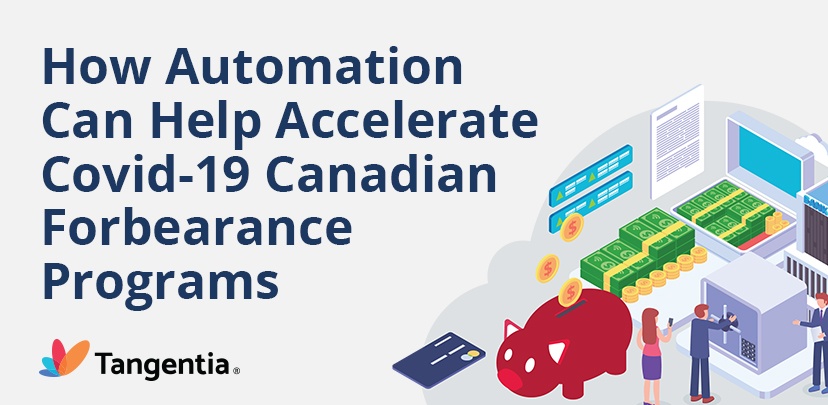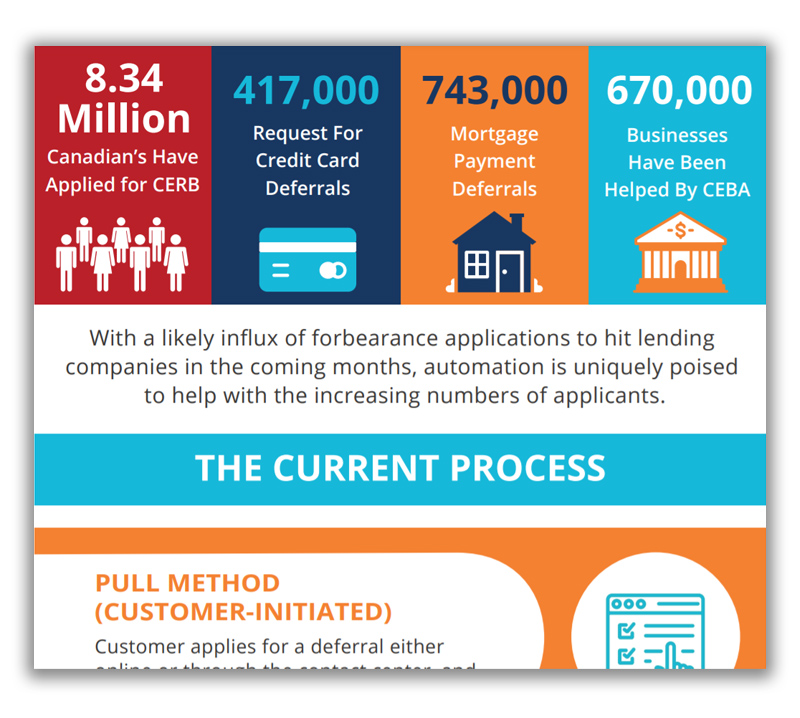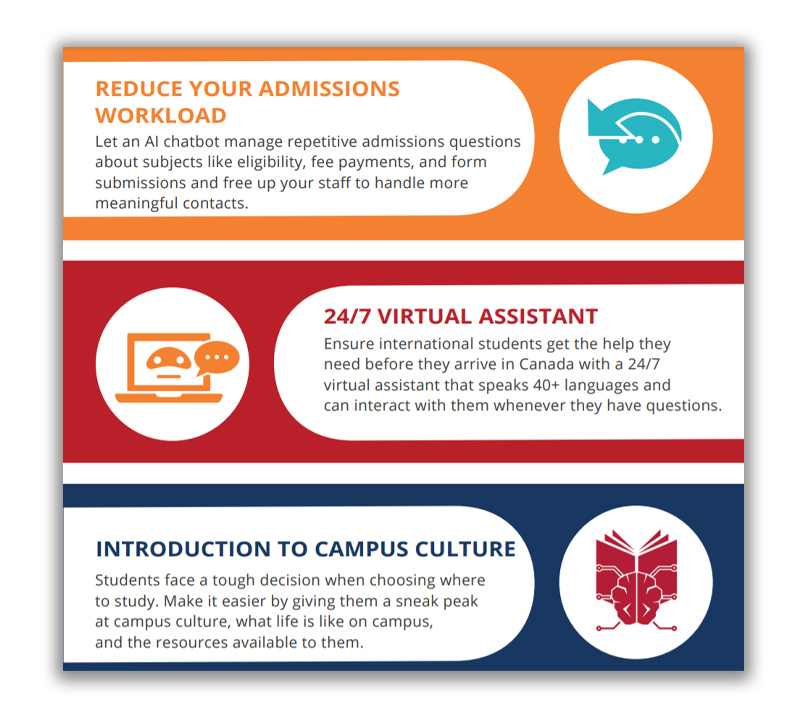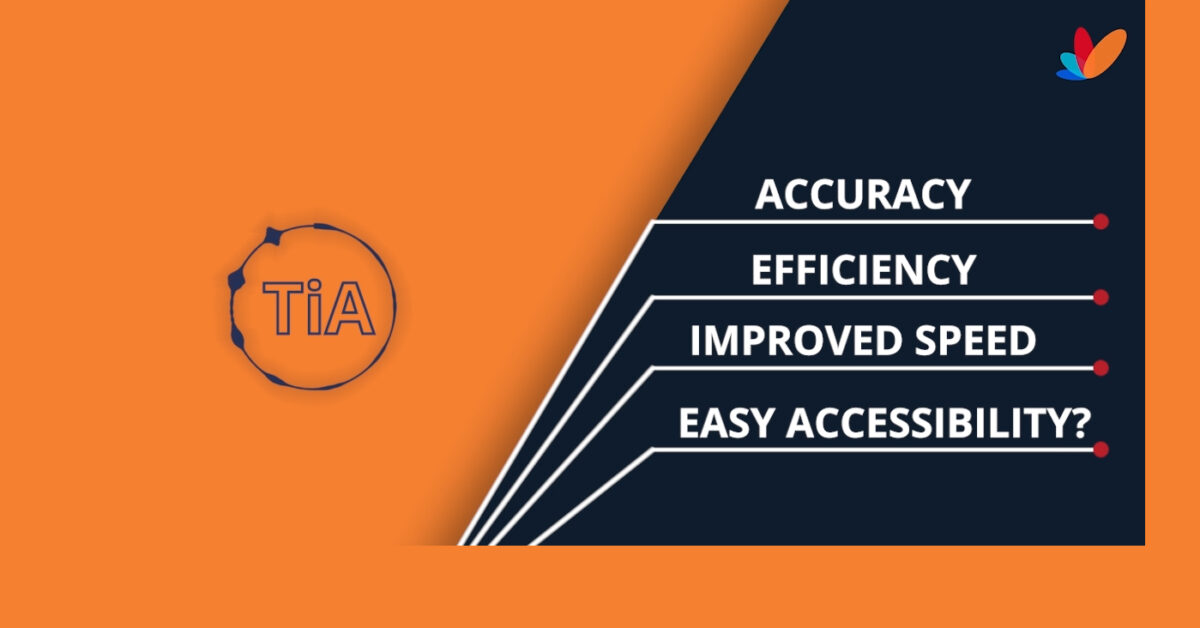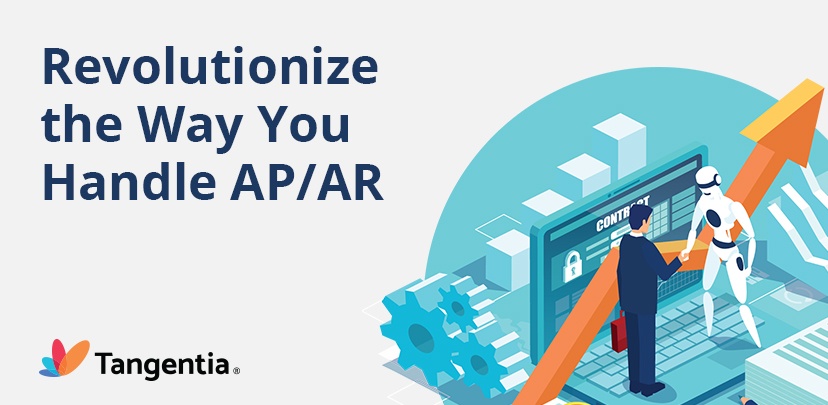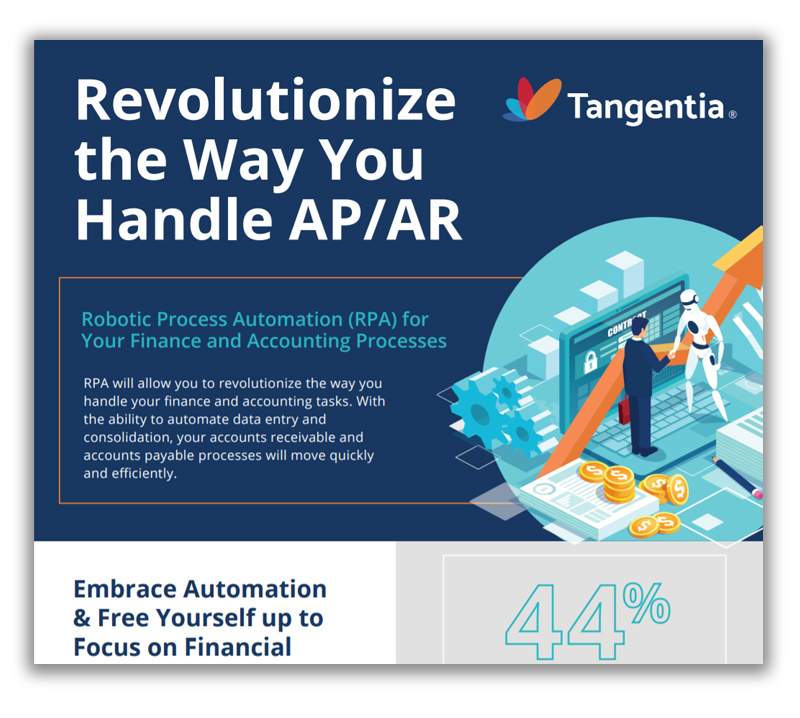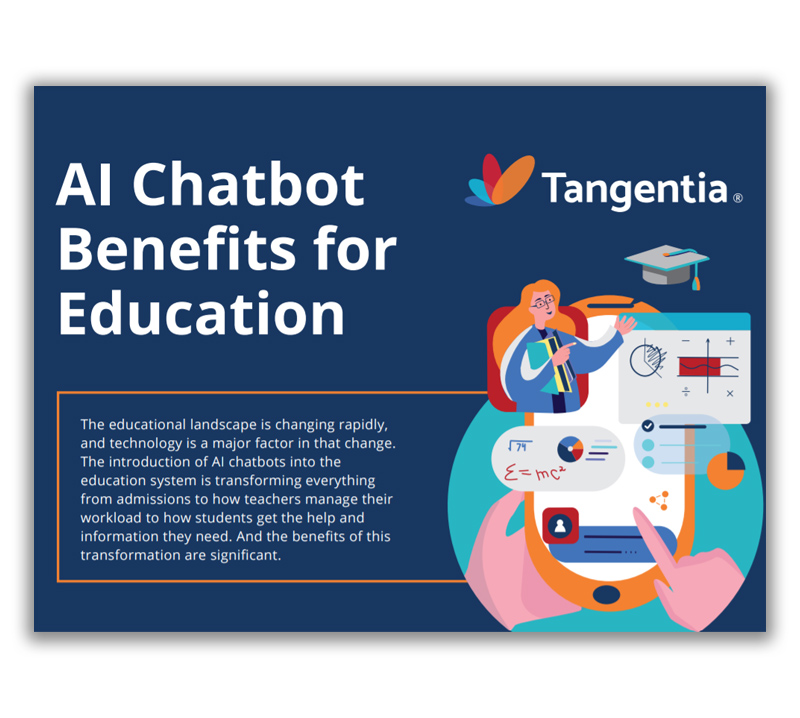Category: Automation
Automating the Insurance Claims Process with AI from Automation Anywhere
We live in a time in which automation is taking many industries by storm. The insurance industry is perfectly poised to enjoy the advantages that automation brings to the table. This is particularly true when it comes to claims processing, which is laden with tedious and repetitive tasks that are subject to human speed and error.
In order to keep up with an ever-changing industry, it is vital that insurance companies adopt an automated approach to claims processing. Thanks to advancements in artificial intelligence (AI), automation is the perfect solution to handle the claims process. It allows companies to process claims more quickly and at a reduced cost.
How Automation Can Help
Automation makes use of AI in the form of bots (intelligent software) that are capable of processing large amounts of data quickly and efficiently. This is precisely what is required during claims processing. Here are the main benefits of using automation in claims processing:
Streamline Processing
Streamlining the claims process by automating tasks that are traditionally done manually means these tasks take less time and have no errors. Regardless of how the claim is submitted (email, phone, or another method), the information in the claim can be extracted, organized, and transmitted within seconds, making the entire process move more quickly.
Increase Satisfaction
Being able to increase the speed of claims processing increases customer satisfaction, which is the goal of every business. When the claims process is automated, customers will get their money more quickly and with less hassle than ever before. This leaves them happy at the same time as it lowers the cost of claims processing for the insurance company.
Triage Claims
Triaging claims to single out those that look suspicious is an important task that can be difficult to do manually. However, it is vital this is done to avoid paying out fraudulent claims that can cost you billions of dollars each year. Tangentia’s Automation Anywhere provides insurance companies with a means of reducing the number of fraudulent claims they process by automatically extracting claim data and identifying and isolating potentially fraudulent claims. These isolated claims can then be sent to a team that can put them under the microscope and take a deeper look.
Automate Analytics
The ability to automate analytics and insights regarding claims can help you make better decisions regarding your claims process as a whole, as well as each individual claim you process.
Best of all, the bots used in automating the claims process can be customized based on industry segment and the tasks you want them to perform. They can be programmed to handle any level of claims processing, whether you want them to take over the entire claims process from beginning to end, making the final decision on each claim and making the payout, or just certain parts of it, leaving the final claims decision up to the claims adjustor.
Want to learn more about Automation Anywhere and what it can do for your claims process? Reach out to our Tangentia team today. We’d love to hear from you.
Get Started Today
Tangentia is a Platinum Partner of IBM and well as partners with Automation Anywhere, UI Path, Blue Prism, Adobe, Microsoft, Salesforce, Amazon and leading enterprise software vendors. We work with customers globally with offices in Canada and India to implement their RPA strategies using an agile methodology.
Read Now
Infographic : How Automation Can Help Accelerate COVID-19 Canadian Forbearance Programs
Infographic : AI Chatbot Benefits for Education
Tangentia is recognized with the highly regarded “2020 IBM Partner of the Year” award as part of the 2020 Tech Data Canada IBM Partner Awards
Tangentia is proud to announce we are the recipient of the “2020 IBM Partner of the Year” award as part of the 2020 Tech Data Canada IBM Partner Awards. We are dedicated to working with IBM to bring the latest technological advancements to our customers and we couldn’t accomplish that without the dedication and value we receive from Tech Data, our preferred distribution partner for IBM.
The partnership award really is a testament to the value and support Tech Data brings to our team. Thanks to them, our team puts their best foot forward each and every time we work with our customers. That level of collaboration and commitment is what makes us strong and allows us to continue to deliver the value our customers have come to expect.
“Our teams have worked together very closely, and we are really excited with this honor,” says Tangentia CEO Vijay Thomas. “Rest assured, we will not rest on our laurels and will try hard to do even better this year. Special thanks to Doug and Janice for being there whenever we needed them and to the overall Tech Data team for your support over the last 15+ years.”
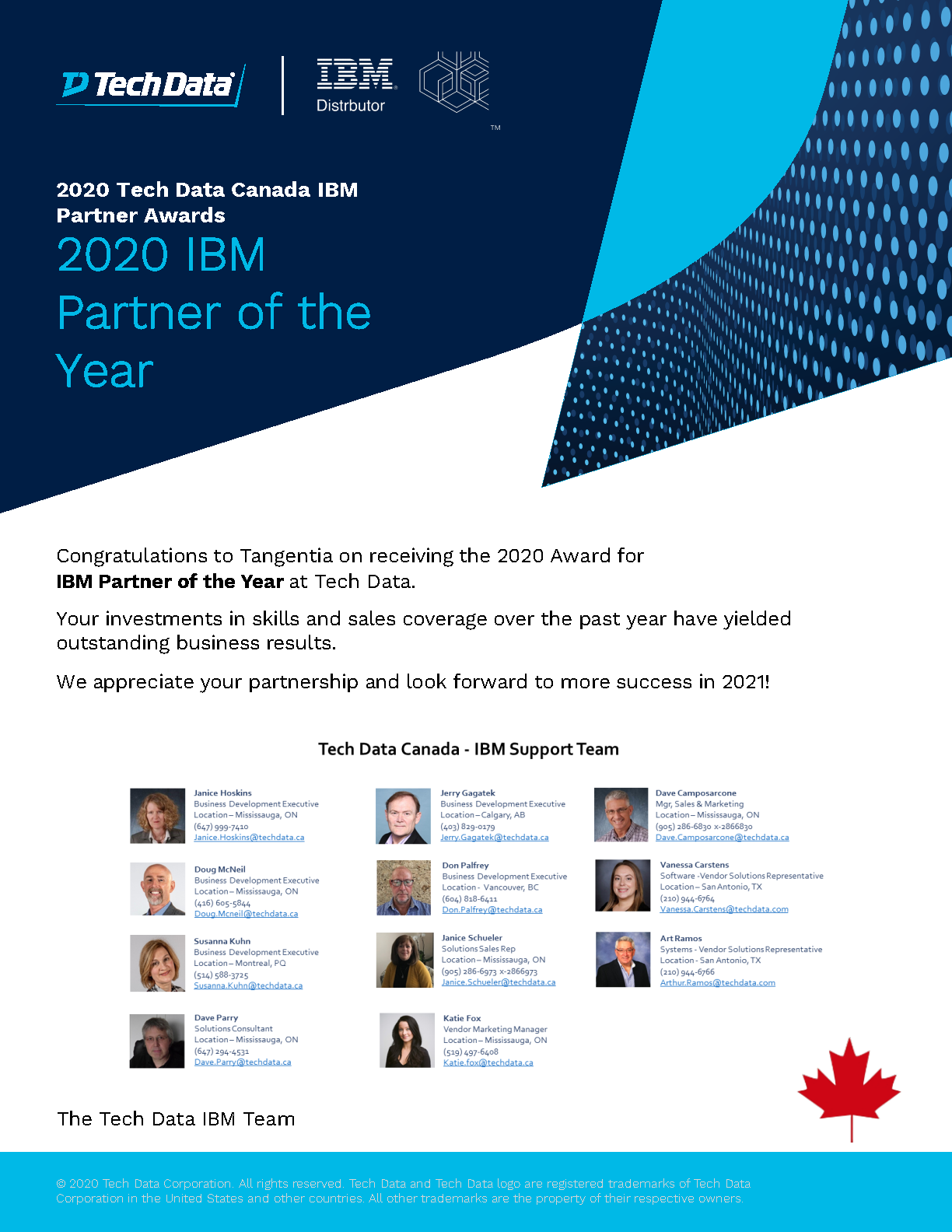
Get Started Today
Tangentia is a Platinum Partner of IBM and well as partners with Automation Anywhere, UI Path, Blue Prism, Adobe, Microsoft, Salesforce, Amazon and leading enterprise software vendors. We work with customers globally with offices in Canada and India to implement their RPA strategies using an agile methodology.
Read Now
Tangentia Videos – TiA Digital Worker
Tangentia Videos – TiA Core AI
Infographic : Revolutionize the Way You Handle AP/AR
Infographic : TiA Chatbot for Education
RPA Can Help Oil & Gas Weather Industry Volatility
We live in a world of uncertainty, a world in which COVID-19 continues to rage around us, disagreements between OPEC countries in early 2020 caused tension in the industry, and the world economy continues to suffer. This has resulted in unstable crude oil prices. In in the early months of 2020, the price of crude oil fell drastically. While these prices have rebounded, uncertainty still hovers like a spectre above the Oil & Gas industry.
Oil & Gas companies are working hard to navigate this unprecedented time in history, looking for ways to cut expenses as energy prices remain unstable. Cutting back on development, deferring projects to a future date, and focusing on regions that offer high tax incentives are all traditional tactics that help stem losses.
However, there is another solution that the Oil & Gas industry has previously been slow to adopt, yet can result in significant cost savings and increased productivity. It is the adoption of robotic process automation (RPA), which makes it possible for Oil & Gas companies to streamline processes and operations like never before.
What Is RPA?
RPA is an automation technology that uses intelligent software-based robots or “bots” to intelligently perform tasks that are important, yet repetitive and time-consuming. The result is that processes can be completed more quickly, while eliminating human error. This, in turn, results in increased productivity, lower costs, and the ability to free up employee time to complete high-value tasks.
How RPA Can Help
RPA can benefit upstream, midstream, and downstream Oil & Gas operations, improving and simplifying processes and so much more. From enhancing exploration and production with the use of powerful data analytics to monitoring field infrastructure and equipment to automating all aspects of shipping logistics, RPA can save thousands of human work hours. This leaves your employees with the time to analyze the data and make decisions that can mean the difference between just getting by and thriving. Here are some examples of how RPA can make a significant difference:
Enhanced Exploration
The interpretation of seismic data is critical when it comes to discovering potential drill sites. RPA algorithms can be set up to take raw seismic data, migrate and organize it and conduct a visual interpretation of that data, something that takes hours to do manually.
In addition, when exploratory wells are drilled and core samples are taken, the data from the samples can be fed into an RPA algorithm that can identify the presence of microfossils that are indicative of favorable geological layers for the presence of oil. In addition, the algorithm can analyze the porosity of the rock and estimate the amount of oil recovery that can be expected from cross-sectional images of the core samples.
Pipeline Monitoring
A great example can be seen with pipelines, which have become an increasingly important part of the transportation of oil and gas over long distances. RPA can be used to monitor and maintain thousands of kilometers of pipelines safely and accurately.
The data and reports that are sent in from field workers would take hours to go through manually. However, RPA can search through massive amounts of data within seconds, pulling meaningful insights from it that you then have time to review and analyze, so you can provide the best possible feedback to your field operators.
Optimization of Oilfield Services
Thanks to the Industrial Internet of Things (IIoT), sensors can be placed on all types of equipment, from service trucks to wells to chemical additive totes. RPA can then be programmed to analyze the data that comes in from these sensors, allowing intelligent cross-referencing of the chemicals, equipment and transport required in the field to the control of inventory and transportation management. In addition, RPA can be programmed to access data related to past safety incidents to determine systemic root causes so they can be addressed, improving overall safety in the field.
Predictive Maintenance
RPA can be programmed to take the unstructured data from operator logs and cross-reference that with the design specifications of the equipment, historical operational data, and records related to inspections and repair. The analysis of this data over time will allow the software to create a maintenance schedule for all equipment and automatically create and send out work orders for maintenance tasks as they are needed. This will prevent equipment downtime and ensure the equipment continues in good operation for its expected operational lifetime.
How to Get Onboard with RPA
Adopting RPA to automate processes and improve data management is a critical part of decreasing costs, increasing productivity and improving your bottom line. This means that RPA adoption is also a critical aspect of weathering the price fluctuations in crude oil as we ride out this COVID-19 pandemic and beyond.
However, the adoption of RPA has to be approached in the right way. It is vital that you assess your business and operational objectives and determine which processes should be automated first to provide you with the greatest advantage. One of the best things about RPA technology is that it can be customized to suit your unique circumstances and can be scaled to meet the changing needs of your company and the industry in which you operate.
To find out more about what RPA can do for your Oil & Gas company and how we can help, reach out to Tangentia’s automation team today.
Get Started Today
Tangentia is a Platinum Partner of IBM and well as partners with Automation Anywhere, UI Path, Blue Prism, Adobe, Microsoft, Salesforce, Amazon and leading enterprise software vendors. We work with customers globally with offices in Canada and India to implement their RPA strategies using an agile methodology.
Read Now





